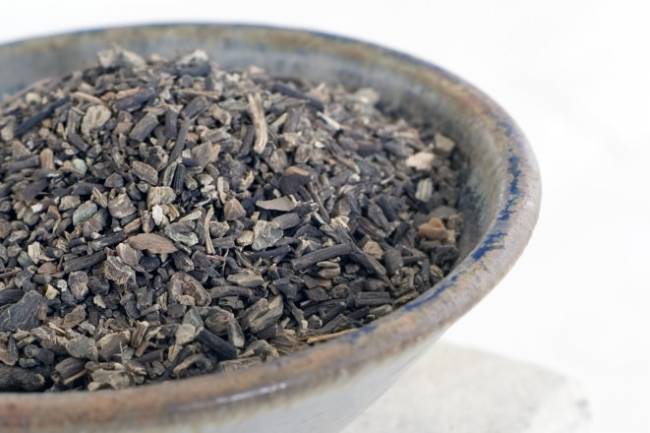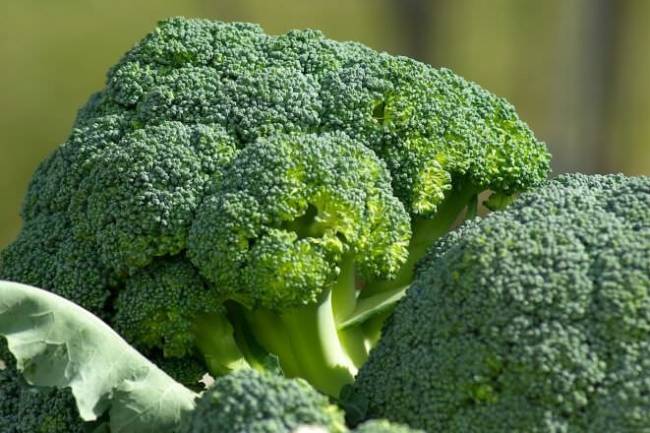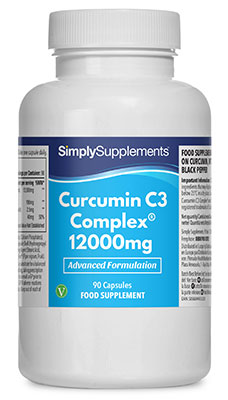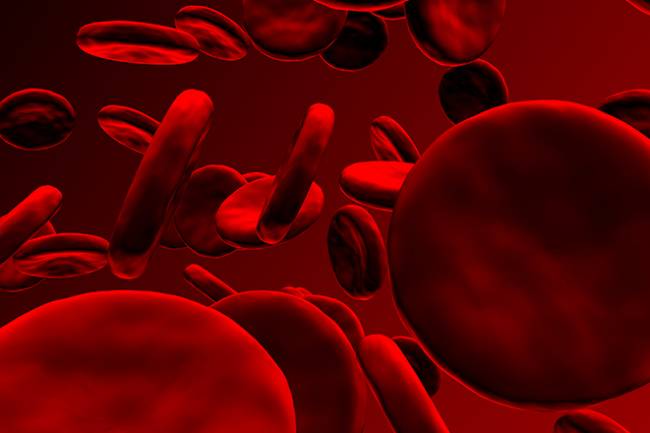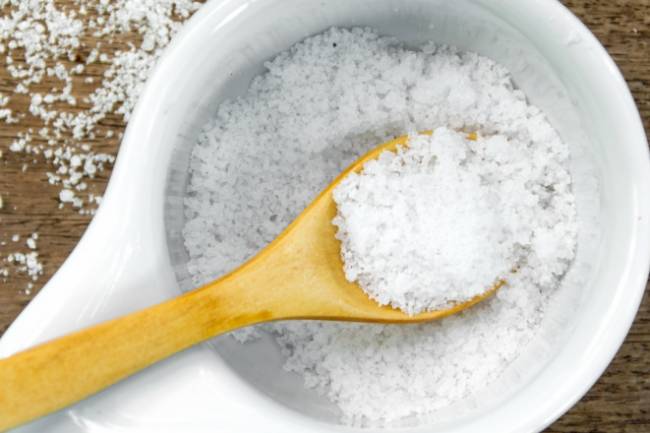Health Benefits of Curcumin
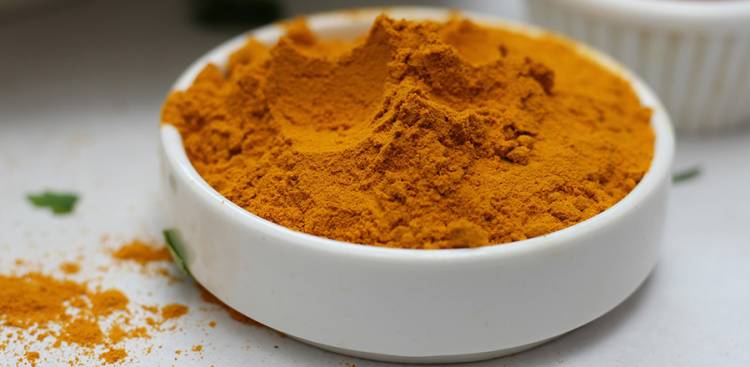
Curcumin is the active ingredient of turmeric, and is what gives the spice its yellow colour. This compound is also found in smaller concentrations in ginger.
Curcumin, also known as curcuminoid, has received notable attention in recent times because it is a unique class of polyphenol. The polyphenolic properties of curcumin have been shown to act as a powerful anti-inflammatory and antioxidant. In light of these findings there has been considerable research into curcumin’s effects on cancer cells, heart health, metabolic function and diseases that fall under the category of dementia.
What Are the Benefits of Curcumin?
Anti-inflammatory
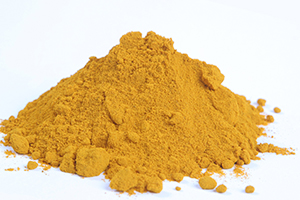 Curcumin is probably best known for the powerful anti-inflammatory properties it possesses. Although acute inflammation is a normal defence mechanism of the body, chronic inflammation is a very unhealthy state.
Curcumin is probably best known for the powerful anti-inflammatory properties it possesses. Although acute inflammation is a normal defence mechanism of the body, chronic inflammation is a very unhealthy state.
Chronic inflammation is thought to be a contributing factor in many common diseases, including cancer, heart disease and dementia.
Alongside making alterations to lifestyle choices, the nutrients we ingest can also help to reduce inflammation. Curcumin has been consistently shown in scientific literature to reduce the presence of inflammatory markers in the body.
This has led to improvements involving various health conditions ranging from arthritis, ulcerative colitis and lichen planus to cardiovascular and kidney disease.
Antioxidant
In our body it is important to have a healthy balance of free radical molecules and antioxidant compounds to protect our cells and DNA from damage, thus keeping diseases such as cancer, atherosclerosis, diabetes and arthritis at bay. Alongside the anti-inflammatory properties that curcumin possesses, it is also rich in antioxidant compounds.
It comes as no surprise then that curcumin supplementation has consistently shown to increase our antioxidant enzyme profile, which supports the health of cells found in many different areas of the body.
Psychological Health
Curcumin has been shown to positively affect psychological health and cognitive function in many people.
Firstly, curcumin has been shown to have the ability to reduce symptoms of anxiety and depression. In a two month-long study, 500mg of curcumin alongside 5mg of black pepper extract were effective at reducing symptoms of anxiety in 35 middle-aged obese individuals.
In another study published in early 2017, curcumin supplementation was shown to reduce symptoms of depression in 123 severely depressed individuals.
Aside from psychological health, it has been found that curcumin is able to exert positive effects on the essential fatty acid DHA. DHA, which is an omega 3 fat, is only available in fish and fish products. The body can synthesise small amounts of DHA from another omega 3 fat called ALA (which is found in non-fish products), however this process is not very effective and yields only small amounts of DHA.
It has been shown that curcumin can not only increase the effectiveness of converting ALA to DHA in the liver, but may also help to maintain levels of DHA in brain tissue. A deficiency in DHA in the brain is associated with an increased prevalence of anxiety, depression and Alzheimer’s disease. As a result of these findings, many people are taking curcumin in conjunction with fish oils to support healthy brain function.
 As curcumin can help to preserve DHA concentrations in the brain, this supplement would be highly useful for vegetarians, vegans, or people who have a low intake of fish.
As curcumin can help to preserve DHA concentrations in the brain, this supplement would be highly useful for vegetarians, vegans, or people who have a low intake of fish.
The government currently recommends that we all eat two portions of fish a week with at least one of these portions being oily. It is thought that only a third of us are adhering to this recommendation however, meaning curcumin could be helpful for many of us!
Pain
A study conducted in 2011 found that 500mg per day of curcumin was able to significantly reduce pain perception in 50 participants following surgery. The study provides strong evidence of the pain reducing effects of curcumin, with this benefit observed in both men and women across all age ranges.
Another study found that 1g of curcumin a day led to a decrease in symptoms of knee osteoarthritis by 41% when compared to baseline readings. Specifically, curcumin supplementation led to improvements in pain, stiffness and a treadmill assessment of physical function.
Many people are now choosing to supplement with curcumin in light of these findings, taking it alongside other supplements such as glucosamine, chondroitin, MSM, calcium and vitamin C.
Blood Flow
Curcumin has been shown to potently increase the presence of nitric oxide in the blood. A study published in the Nutrition Journal in 2012 found that 400mg of turmeric root, providing 80mg of curcumin, was able to significantly reduce plasma nitric oxide concentrations. Nitric oxide is a very important compound for vascular health as it helps to manage blood pressure and the delivery of blood to sites of low oxygen content, especially the body’s extremities.
Other scientific investigations have shown significant increases in blood flow among diabetic patients and reductions to systolic blood pressure, likely as a result of this increased nitric oxide content.
How Much Curcumin Should I Take?
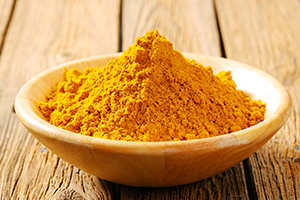 Curcumin is well known to have a wide safety margin, meaning that it is safe and effective over a range of doses. Unfortunately, when taken on its own, curcumin has a low bioavailability - meaning that only a small amount is available for the body to use.
Curcumin is well known to have a wide safety margin, meaning that it is safe and effective over a range of doses. Unfortunately, when taken on its own, curcumin has a low bioavailability - meaning that only a small amount is available for the body to use.
Pairing curcumin with black pepper extract is an easy way to drastically increase bioavailability. For this reason, make sure you are looking for a curcumin supplement that is paired with black pepper extract to derive the maximum health benefits. It has been shown that black pepper extract, also known as piperine, can increase the bioavailability of curcumin by up to twenty times.
When taking curcumin alongside black pepper extract, doses of 80-500mg per day are used to good effect. When taking curcumin on its own, supplements of up to 4-8g per day may be needed, due to the small percentage that is actually used by the body. This may make you ask why anyone would take curcumin by itself when it has a low bioavailability. Well, due to the lack of absorption in the stomach, curcumin is available in high amounts to the intestines and the colon, helping to reduce inflammation at those sites.
What Are the Side Effects of Curcumin?
Scientific studies have found that curcumin has no serious side effects, even when taken in a dosage of 12g per day. There were, however, some minor side effects reported, including flatulence, yellow stools, headaches, rashes and diarrhoea. There is also some weak evidence that suggests high doses could be harmful to the liver.
In low to moderate doses, curcumin appears to be both a safe and effective supplement to incorporate into your lifestyle. That being said, curcumin supplements are not currently recommended for children or pregnant women, as there is not yet sufficient evidence as to its safety for these groups.
Summary
Curcumin has received notable attention in recent years thanks to research that has shown it offers an array of potential health benefits. As a result, many people have chosen to add this natural ingredient into their supplement regime.
Hopefully this article has provided the information needed for you to assess whether curcumin supplementation would be beneficial for you.
Take home messages:
• Curcumin is the active ingredient in turmeric and is what gives the spice its yellow colour.
• Curcumin possesses both antioxidant and anti-inflammatory properties that are beneficial to health on many fronts. These include, but are not limited to; improved psychological health and cognitive function, reduced pain and improved nitric oxide content in the blood, which allows oxygen-rich blood to reach the extremities.
• As curcumin has a low bioavailability, it is often necessary to take it alongside black pepper extract (piperine), which has been shown to increase the absorption rate 20-fold.
• When taken alongside black pepper extract, doses of 80-500mg per day have been shown to be effective for a wide range of health conditions. When taken alone, doses of 4g and above may be necessary.
• Curcumin appears to be safe in low to moderate doses, with only minor side effects found in some individuals. Due to lack of research into the safety for children and pregnant women, this supplement is not currently advocated.
Shop for Curcumin Supplements here
Sources:
https://www.ncbi.nlm.nih.gov/pubmed/25550171
https://www.ncbi.nlm.nih.gov/pubmed/27723543
https://www.ncbi.nlm.nih.gov/pubmed/21194249
https://www.ncbi.nlm.nih.gov/pubmed/21671126
https://www.ncbi.nlm.nih.gov/pubmed/20657536
https://www.ncbi.nlm.nih.gov/pubmed/23013352

 Nicole
Nicole 